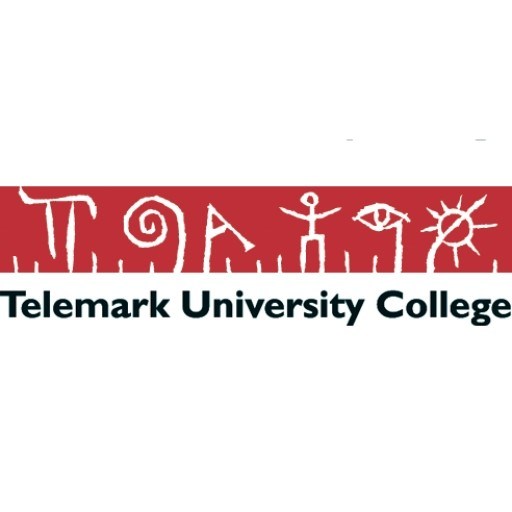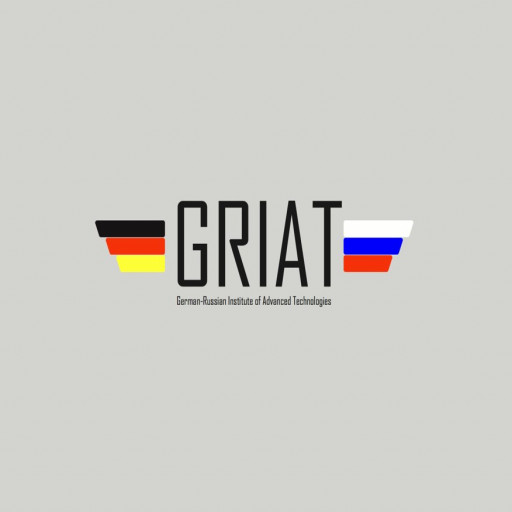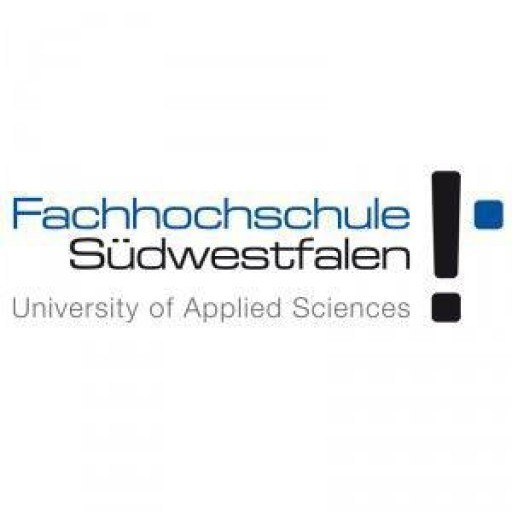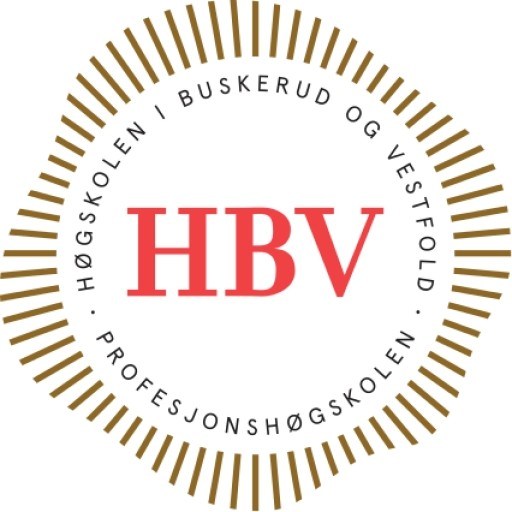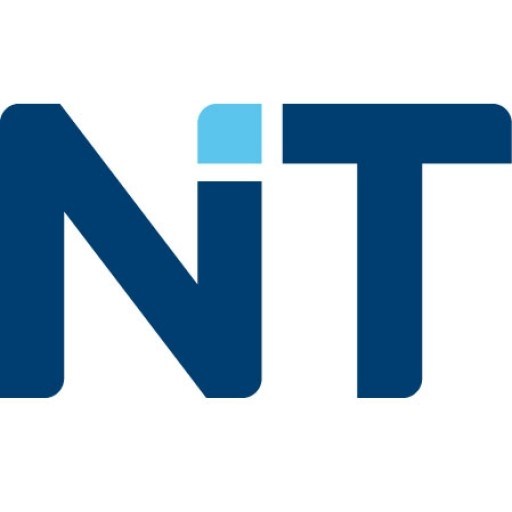The Bachelor of Engineering (Professional) at Swinburne University of Technology is a comprehensive and industry-focused degree designed to prepare students for a successful career in the engineering field. This program combines rigorous technical education with practical experience, ensuring graduates are well-equipped with the skills, knowledge, and professionalism required in today's competitive job market. Over the duration of the course, students engage in a variety of hands-on projects, laboratory work, and industry placements that provide real-world application of engineering principles across multiple disciplines. The curriculum encompasses key areas such as electrical, mechanical, civil, and software engineering, allowing students to develop a broad understanding while also specializing in their chosen field. The program emphasizes innovative problem-solving, sustainable design, and the integration of emerging technologies, reflecting current industry trends and future developments. With a strong focus on professionalism, ethical responsibility, and effective communication, students are prepared to meet the demands of diverse engineering roles locally and globally. Swinburne’s strong industry connections facilitate internships and collaborative projects, providing valuable networking opportunities and practical insights. Students benefit from state-of-the-art facilities, expert faculty, and a supportive learning environment committed to academic excellence. Upon graduation, students are awarded an accredited degree that not only qualifies them for professional engineering roles but also provides a pathway to further studies or specialization. The Bachelor of Engineering (Professional) at Swinburne is ideal for motivated individuals seeking a challenging, dynamic, and rewarding career in engineering, ultimately aiming to contribute to innovative solutions that address real-world challenges.
The Bachelor of Engineering (Professional) program at Swinburne University of Technology is designed to provide students with a comprehensive and practical education in engineering disciplines. This degree combines theoretical knowledge with hands-on experience, ensuring graduates are well-equipped to meet the demands of the modern engineering industry. Throughout the program, students will engage with a diverse curriculum that covers fundamental engineering principles, advanced technical skills, and real-world problem-solving techniques. The coursework is structured to foster innovation, critical thinking, and leadership qualities, preparing students for the challenges they will face in their professional careers.
The program offers specialization options in various engineering fields, including mechanical, electrical, civil, and software engineering, allowing students to tailor their studies to their personal interests and career goals. Emphasis is placed on the development of practical skills through laboratory work, industry projects, and internships, enabling students to apply theoretical concepts in practical settings. Swinburne’s focus on industry readiness ensures that graduates possess not only technical expertise but also vital soft skills such as teamwork, communication, and project management.
Students benefit from state-of-the-art laboratories and facilities that simulate real-world engineering environments. The program is designed in close collaboration with industry partners to ensure its relevance and responsiveness to current technological trends and workforce needs. Additionally, students have access to dedicated academic support and career services to assist with their educational journey and employment prospects.
The Bachelor of Engineering (Professional) program also emphasizes ethical practices and sustainability in engineering solutions, encouraging students to consider the social and environmental impacts of their work. Upon graduation, students are prepared to pursue professional engineering roles across a range of sectors, including manufacturing, construction, technology, consulting, and more. The degree also provides a strong foundation for those interested in pursuing postgraduate studies or professional registration in engineering. With its blend of academic rigor, practical experience, and industry engagement, the program at Swinburne prepares graduates to become innovative and responsible engineers making a positive impact in society.
- Year 12 or equivalent
- VCE prerequisites: Units 3 and 4: the absolute minimum study score of 25 in English (or equivalent) or 30 in English (EAL)
- And Units 3 and 4: some minimum study score of 20 in Mathematical procedures. Additional application requirements for Product Design Engineering: Type and competitive interview. ATAR will be considered at the final ranking. Non-Year 12 qualifications, Foundation Year and qualifications undertaken over seas won't be accepted. English language requirements - satisfactory conclusion of a few of the following: Swinburne's English for Academic Purposes (EAP 5 higher level degree ) with overall 70 percent, all skills 65 percent
- Minimum IELTS overall band of 6.5 (Academic Module) with no individual band below 6.0
- TOEFL iBT (web-based ) minimum score of 79 with a studying ring at least 18 and writing ring at least 20
- Pearson (PTE) minimum score of 5-8 (no communicative skills less than 50)
- Any other equivalent assessment of English language competence. Notice: A necessity for many courses, the Pearson Test of English Academic (PTE Academic) can currently be done on campus at Hawthorn.
The Engineering (Professional) program at Swinburne University of Technology offers a range of financing options to support students throughout their studies. Tuition fees are structured annually and vary depending on the student's residency status and specific course load. Australian citizens, permanent residents, and New Zealand citizens are eligible for Commonwealth supported places, which significantly reduce the cost of tuition fees through government subsidies. International students, on the other hand, are required to pay full-fee tuition, which can be higher but can be offset through various scholarship opportunities.
Swinburne provides a variety of scholarships to assist students financially. These include merit-based scholarships, which recognize academic achievement, as well as need-based assistance for students facing financial difficulties. Some scholarships are specifically targeted at engineering students or those enrolling in professional programs, helping to reduce tuition costs and other educational expenses. Prospective students are encouraged to explore scholarship options early, as application procedures and eligibility criteria vary.
In addition to scholarships, students can access financial aid through government programs such as the Australian HELP or FEE-HELP schemes, which enable eligible students to defer part or all of their tuition fees. These loan schemes allow students to pay back their government loans gradually through their tax payments once they are employed and earning above a certain threshold.
Students also have the option to pursue external funding sources, including bank loans or private scholarships offered by industry organizations and charitable foundations. Some students finance their studies through part-time work, which is facilitated by Swinburne's flexible study arrangements, allowing students to balance employment with their academic commitments. The university often provides career services and job placement assistance to help students find suitable employment during or after their studies.
For international students, living expenses and additional costs such as textbooks, insurance, and basic living needs should be considered in their overall financing plans. Swinburne offers support and guidance on budgeting and financial planning to help international students manage these expenses effectively.
Students are encouraged to plan their finances early and consider all available options to fund their education. The university's financial services and student advocacy teams are available to provide advice and assistance in exploring loan options, scholarship applications, and employment opportunities, ensuring that students can focus on their studies without undue financial stress.
The Bachelor of Engineering (Professional) program at Swinburne University of Technology is designed to prepare students for a successful career in the engineering field by providing a comprehensive education that combines theoretical knowledge with practical skills. This program typically spans several years of full-time study and is structured to include foundational engineering principles, advanced technical coursework, and real-world industry experience. The curriculum covers a wide range of engineering disciplines, including mechanical, electrical, civil, and electronic engineering, enabling students to develop a broad skill set adaptable to various industry sectors. Students engaged in this program have access to state-of-the-art laboratories, workshops, and simulation facilities, which facilitate hands-on learning and experimentation. The program emphasizes teamwork, communication, and project management skills to prepare graduates for professional environments where collaboration and innovation are essential. Additionally, the degree often includes industry placement opportunities, allowing students to gain practical experience and establish professional networks before graduation. The program's accreditation by Engineers Australia ensures that it meets the national standards for engineering education, increasing employability prospects domestically and internationally. Swinburne's focus on industry-relevant skills means that graduates are well-equipped to contribute to advancements in technology and infrastructure development. The coursework is regularly reviewed and updated to reflect current engineering trends and challenges, ensuring relevance and employability. Graduates of this program can pursue diverse career paths, including design, manufacturing, consulting, project management, and research roles. Furthermore, the program provides a solid foundation for those wishing to continue their studies at the postgraduate level. Swinburne's strong industry partnerships, innovative teaching methods, and emphasis on practical learning make this program a valuable stepping stone for aspiring engineers seeking a dynamic and rewarding professional career.



